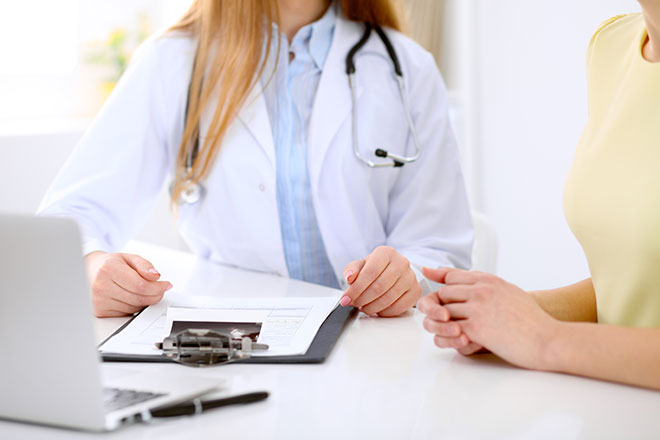
How can sex feel so good yet sometimes yield such horrifying side effects? Sexually transmitted diseases (STDs) aren’t anything new. We’ve been warned about them for years — and of course we all know how to practice safe sex. But what happens if you contract an STD? What are the side effects and how can you treat it, or can it even be treated?
While we can’t recommend enough to use a condom and practice safe sex, here’s the lowdown on what you should know about some of the most common STDs amongst men and women.
HPV
Symptoms: Genital warts, cervical pre-cancer.
Treatment: WebMD notes, “There is no cure for HPV infection.” Genital warts may go away on their own. If you develop cervical pre-cancer, your doctor may recommend options like surgery, laser treatments, or freezing.
Chlamydia
Symptoms: Discharge, bleeding, or needing to pee frequently.
Treatment: Seven day antibiotic regimen — just be sure not to have sex during those seven days so you know when you’re fully cleared.
Gonorrhea
Symptoms: Men need to urinate more, swelling of the penis, testicle pain, persistent sore throat and discharge. Women have discharge from the vagina, pain while urinating, fever, sore throat, heavier periods, pain during sex, and abdominal pain.
Treatment: Antibiotics are your savior and can clear up these symptoms completely.
Syphilis
Symptoms: Sores on the vagina or rectum.
Treatment: If you contract this STD, it can come in stages. Some stages are treatable while other stages can be life threatening. Sores may clear up on their own or require medication.
Herpes
Symptoms: Itching, burning, tingling sores or blisters, flu-like symptoms, and pain urinating.
Treatment: Unfortunately, there is no cure for herpes. However, there are medications to help ease or lessen outbreaks.
If you think you’ve contracted an STD, be sure to visit your doctor ASAP and alert your current partner and/or past partner(s) so they can get properly tested, too.
xx, The FabFitFun Team




